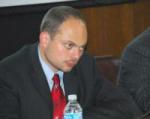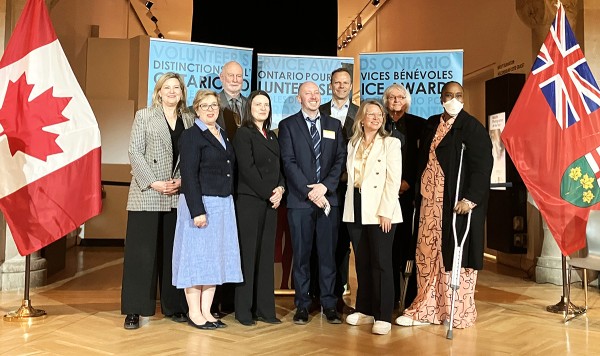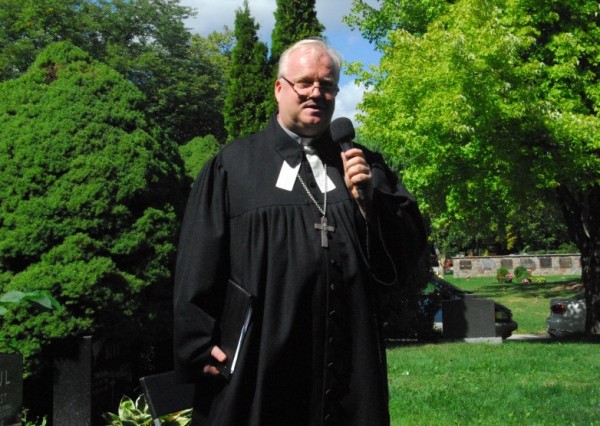
World Affairs
Largely overlooked in the heated discussion of last summer’s meeting between Natalia Veselnitskaya and Donald Trump’s campaign executives, and whether or not it constituted “collusion,” is the reason the Kremlin-connected lawyer and lobbyist sought the meeting in the first place. By her own admission, it was to try “to get the United States to reverse the Magnitsky Act” in the event of a Trump victory. Whatever else this story reveals, it is an important reminder of the Kremlin’s priorities—and of its continued attempts to undermine the 2012 US law that authorized targeted visa bans and asset freezes for Russian officials complicit in “gross violations of human rights.”
The Sergei Magnitsky Rule of Law Accountability Act, enacted with sweeping bipartisan majorities in both houses of Congress over opposition from the Obama administration, set a groundbreaking precedent: for the first time, responsibility for human rights abuse was assigned where it was due—not to an entire country, but to specific empowered individuals “responsible for extrajudicial killings, torture, or other gross violations of internationally recognized human rights.” “All the infamies of the [Putin] regime—lies, cruelty, miscarriage of justice, thievery, bigotry result from impunity,” wrote Russian opposition leader Boris Nemtsov, who was instrumental in convincing the US Congress to pass the law. “The Magnitsky list is the most pro-Russian decision taken in the West in many years. It is harmful to Putin’s thieves, murderers and scoundrels, and it is beneficial to the country.”
The reason this law is so harmful to Putin’s system is the well-known preference of Kremlin officials and Kremlin-linked oligarchs for Western lifestyle. Like their Soviet predecessors, they preside over a system that suppresses the most basic rights and freedoms of their citizens—but unlike members of the Politburo, they opt for the West when it comes to storing their own (ill-gotten) money, buying their houses, and educating their children. Losing that privilege was unthinkable, and the Kremlin was ready to use any methods—from Putin’s order tasking his foreign ministry with stopping the law to using blackmail and conditioning Western adoptions of Russian orphans on the non-passage of the Magnitsky sanctions. As Moscow columnist Valery Panyushkin commented at the time, “I know of only two organizations in the world that harm their own children in order to scare their enemies—they are Hamas and [Putin’s] United Russia party.” Putin continues to publicly condition US-Russia cooperation in strategic areas—such as the revival of a bilateral agreement on the disposal of plutonium—on the repeal of the Magnitsky Act. As Veselnitskaya’s mission shows, unofficial proxies also continue to be used for the same goal.
As of today, 44 people have been sanctioned by the US government as human rights violators under the provisions of the Magnitsky Act. They include Putin’s top law-enforcement official, General Alexander Bastrykin, responsible for a slate of politically motivated prosecutions and for personally threatening the life of an investigative journalist. At his Senate confirmation hearing in January, Secretary of State Rex Tillerson pledged that the Trump administration will continue to apply the Magnitsky Act. So far, it has not added any new names to the list of individuals sanctioned under this law. There would be no better way for the administration to back up its assertion that the meeting with Veselnitskaya was “such a nothing” than to demonstrate its commitment to the continued implementation of one of the noblest pieces of legislation passed on US soil.


























